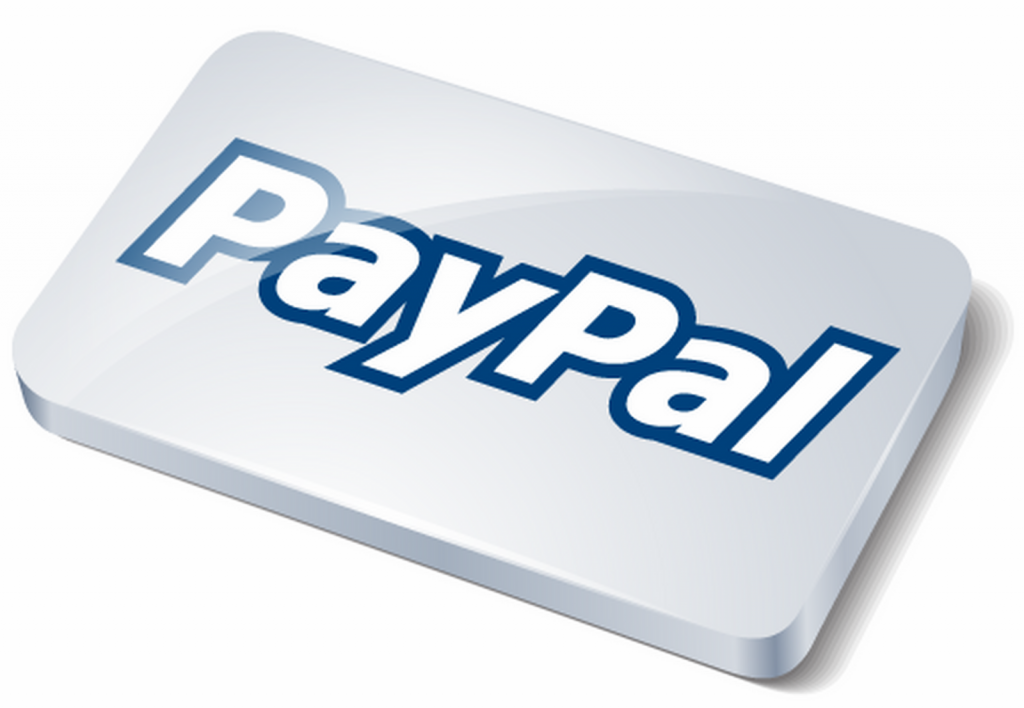Giving in to the popular “419 Scammers” tag, Paypal labeled Nigerians not too long ago, only few will believe the story of Rupert Keeley, the executive in charge of the EMEA region of PayPal, in an interview on Monday.

According to a report posted on Reuters yesterday, Keeley made an official reference in an interview on Monday regarding the expansion of Paypal payment services to 10 more countries including Africa’s most populous nation, Nigeria. He stressed that the expansion would bring the number of countries it serves to 203, making it one of the most used global payment gateway besides it’s nemesis, Master Card Inc.
Following the protest led by Nigerian tech bloggers and marketers via the Twitter hashtag #PayPalNigeria, Paypal has included Nigeria, which has 60 million users, along with nine other markets in sub-Saharan Africa, Eastern Europe and Latin America in their list of supported countries, starting from today.
“PayPal has been going through a period of reinvention, refreshing many of its services to make them easier to use on mobile (phones), allowing us to expand into fast-developing markets,” Keeley said.
How real is it?
Although, customers in the shortlisted 10 countries with access to the Web and a bank card authorized for Internet transactions will be able to register for a PayPal account and make payments to millions of sites worldwide, once the services goes live. The residents of this countries are set to endure a difficult start to life with Paypal.
Giving the fraudulent reputation carried by this countries in the past, Paypal is likely to limit the functionality of this freshers to only “send money” services for consumers to pay for goods and services at PayPal-enabled merchant sites while safeguarding their financial details. This is free to consumers and covered by fees it charges merchants.
“We think we can give our sellers selling into this market a great deal of reassurance,” said Keeley, a former regional banking executive with Standard Chartered Plc and senior executive with payment card company Visa Inc.
PayPal does not yet cover peer-to-peer transactions, which allow consumers to send money to other consumers. It has not yet enabled local merchants in the new markets to receive payments, nor is it offering other forms of banking services, he said.
Despite the suspicion that the coming of this countries may increase the level of fraudulent activities such as ID theft, social engineering, phishing and automated harvesting of customer financial data via botnets, or networks of computers controlled by hackers. Inengisa Hart, founder of Nigeria Entertainment Forum Guruscoded is certain that the days of internet fraud is a thing of the past for his country.
“The cameo of Paypal will provide online payment alternatives for consumers via mobile phones or PCs in the Nigerian market”
“Firstly, I would start by saying it’s a good thing having Paypal here in Nigeria. But the introduction of Paypal in Nigeria creates an advantage and disadvantage.
 For us the consumers, their would be lesser budget made, easy transactions, quick offers made from international companies, more online business opportunities, e.g Most ads network that has Paypal as it’s only payment gateway.
For us the consumers, their would be lesser budget made, easy transactions, quick offers made from international companies, more online business opportunities, e.g Most ads network that has Paypal as it’s only payment gateway.
It’s coming may also affect some payment gateways in Nigeria, who has benefited from Paypal’s absence in the past.” Said Inengisa in an interview yesterday.
“Nigeria markets has often been blighted by financial fraud allegation. But it is all in the past.
Actually, Paypal is a company with a very strong security system. So talking about the fraudulent reputation by Nigerians, it’s a No go area.” He concluded.
A total of 80 million Internet users stand to gain access to PayPal global services this week, including those in five European markets – Belarus, Macedonia, Moldova, Monaco and Montenegro, four in the African nations of Nigeria, Cameroon, Ivory Coast, and Zimbabwe, as well as Paraguay. Internet usage figures are based on research by Euromonitor International.
PayPal counts 148 million active accounts worldwide.
Last week, MasterCard Inc, the world’s second-largest debit and credit card company, and a PayPal rival in payment processing, said it was working with the Nigerian government on a pilot to overlay payment technology on a new national identity card.
PayPal has operated in 190 markets since 2007 and added three countries – Egypt, Georgia and Serbia last year. Roughly a quarter of the $52 billion in payment volumes PayPal reported in the first quarter of 2014 were for cross-border transactions. PayPal reported $1.8 billion in revenue during the period.


